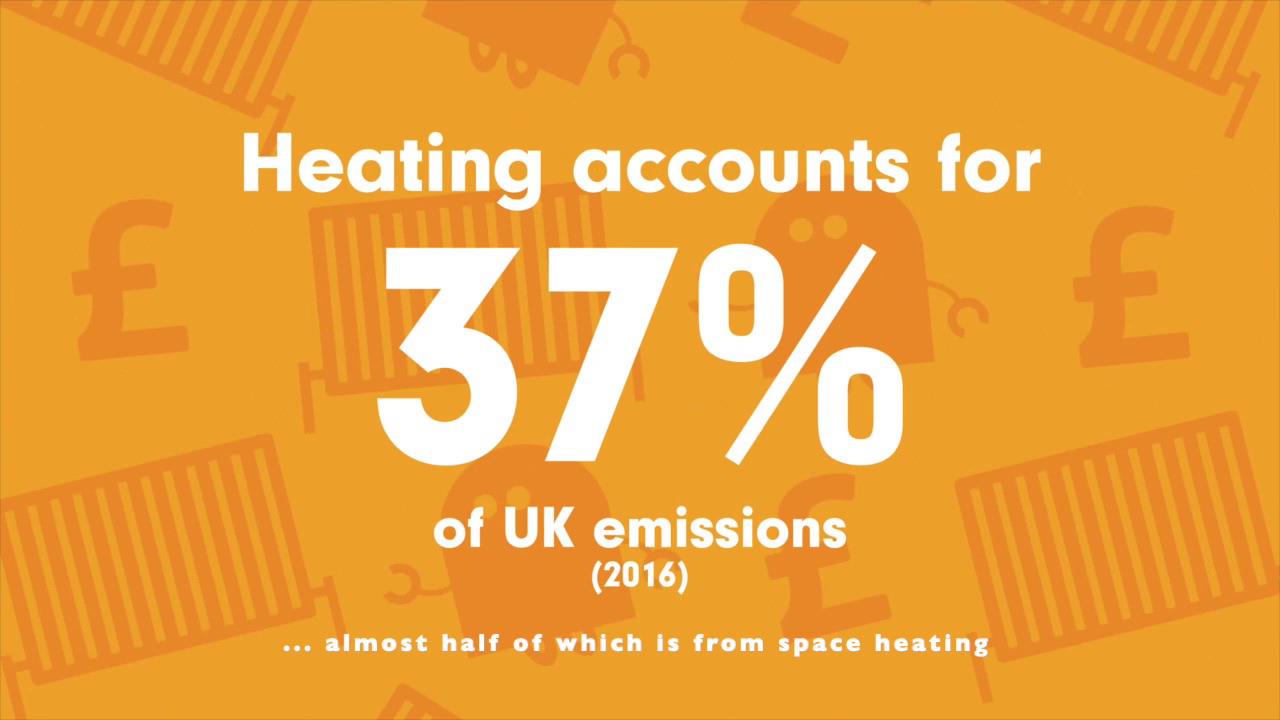

With heating accounting for 37% of UK emissions, latest research from Vestemi has uncovered that over half of people surveyed had no idea their home heating is contributing to the UK’s carbon levels.
When asked how they felt about this fact, 75% of the 200 people surveyed said it made them feel helpless and were unsure about how they could change this. However, when asked if they would put measures in place to help reduce emissions, 78% said they would and were keen to know more about what was available to them. A quarter of respondents said it made them want to take urgent action.
Jeremy Lock, Chief Executive at Vestemi, said: "Unfortunately, there is low awareness around the contribution heating is making to UK emissions, but the good news is there are opportunities for installers to inform and educate customers. It’s clear people are happy to make that change and keen to learn more about how they can play their part."
Surprisingly, when asked if they were happy to turn their thermostat temperature down to 19oC (an important driver to help reduce emissions), 82% said they would ‘absolutely’ do this, which could dispel the myth that people only want ‘hot’ homes or their thermostat set to over 20oC. This sentiment was shared across all age groups surveyed.
When informed of the types of measures people can put in place within their homes, smart radiator thermostats and insulation were the most popular choice, followed by smart home heating solutions and boiler replacements. Although, for those respondents that were aware of the impact of heating on emissions, the majority had opted for more costly options, such as improving insulation and boiler replacements.
Jeremy continued: "There are so many incremental and cost-effective changes people can start making now, which can also help drive down expensive heating bills. It’s clear the energy industry as a whole needs to raise more awareness of the solutions available. Reducing emissions is not about complicated solutions, it’s about making those small steps to great impact. If we all do a little, and now, we can achieve a lot more in a shorter timeframe and help reach that 2050 net-zero goal."
If you'd like to keep up-to-date with the latest developments in the heating and plumbing industry, why not subscribe to our weekly newsletters? Just click the button below and you can ensure all the latest industry news and new product information lands in your inbox every week.